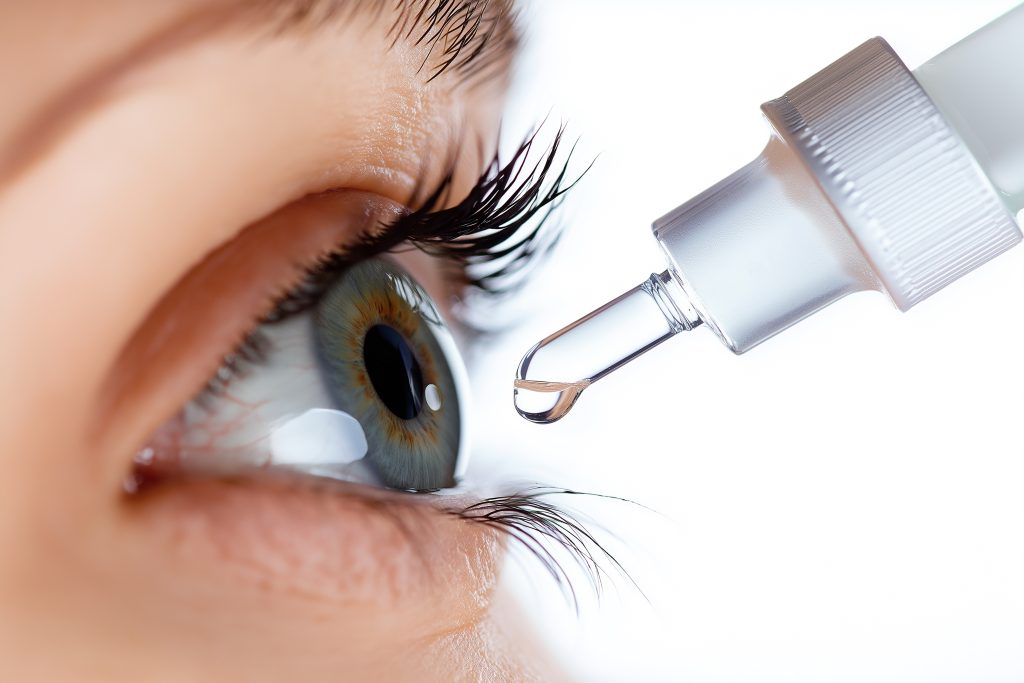
Cataract surgery is one of the most common and successful eye procedures performed today. If you or a loved one are preparing for cataract removal, understanding the recovery process is essential for ensuring the best possible outcome. Here’s what to expect after surgery and how to care for your eyes as they heal.
What to Expect Immediately After Cataract Surgery
Cataract surgery is an outpatient procedure, meaning patients can return home the same day. Immediately after surgery, it is normal to experience:
- Mild discomfort or irritation in the eye
- Blurry vision as the eye adjusts to the new intraocular lens (IOL)
- Sensitivity to light
- Watery eyes or a gritty sensation
These symptoms usually subside within a few days as the eye heals.
Essential Post-Surgery Care Tips
To ensure a smooth recovery and optimal visual outcomes, follow these post-operative care guidelines:
1. Use Prescription Eye Drops as Directed
Your ophthalmologist will prescribe antibiotic and anti-inflammatory eye drops to prevent infection and reduce inflammation. It’s crucial to follow the dosing schedule strictly.
2. Avoid Rubbing or Pressing on Your Eye
It’s common to feel a slight itching sensation, but resist the urge to rub your eye, as this can interfere with healing and increase the risk of complications.
3. Wear Protective Eyewear
Sunglasses with UV protection are recommended when outdoors to reduce sensitivity to light.
4. Rest and Avoid Strenuous Activities
While most patients can resume light activities within a day, avoid heavy lifting, bending over, and high-impact exercise for at least a week to prevent increased eye pressure.
5. Follow Up with Your Ophthalmologist
Your post-operative appointments are essential to monitor healing and detect any early signs of complications, such as infection or increased eye pressure.
Common Concerns During Cataract Surgery Recovery
Blurry Vision
Vision clarity improves within a few days, but full stabilization can take several weeks. If your vision remains significantly blurred or worsens, contact your doctor immediately.
Floaters or Flashes of Light
Some patients notice floaters or flashes of light, which may be normal during healing. However, if these symptoms persist or worsen, it could indicate a retinal issue requiring urgent attention.
Dry Eyes
Cataract surgery can temporarily exacerbate dry eye symptoms. Using artificial tears (preservative-free) can help relieve discomfort.
When to Seek Immediate Medical Attention
While complications from cataract surgery are rare, seek urgent care if you experience:
- Severe pain unrelieved by over-the-counter medication
- Sudden vision loss
- Increased redness or swelling
- Persistent nausea or vomiting
Long-Term Vision Improvements
Most patients experience a significant improvement in vision within a few days to weeks after cataract surgery. If you require additional vision correction, your doctor may discuss options like prescription glasses.
Cataract surgery is a life-changing procedure that restores clarity and improves quality of life. By following these recovery tips and working closely with your Dr. Lalin and his team, you can achieve the best possible visual outcome.
If you have any questions about cataract surgery or would like to schedule a consultation, contact Lalin Eye today!
